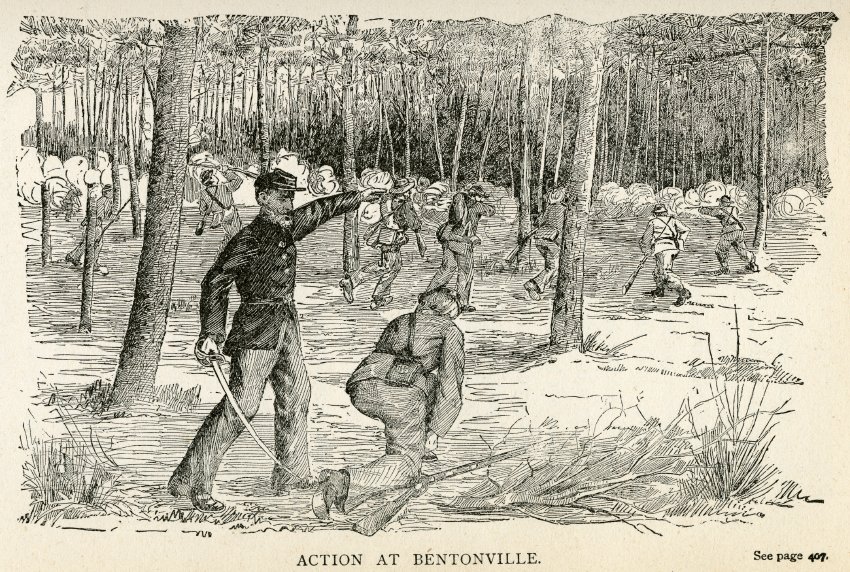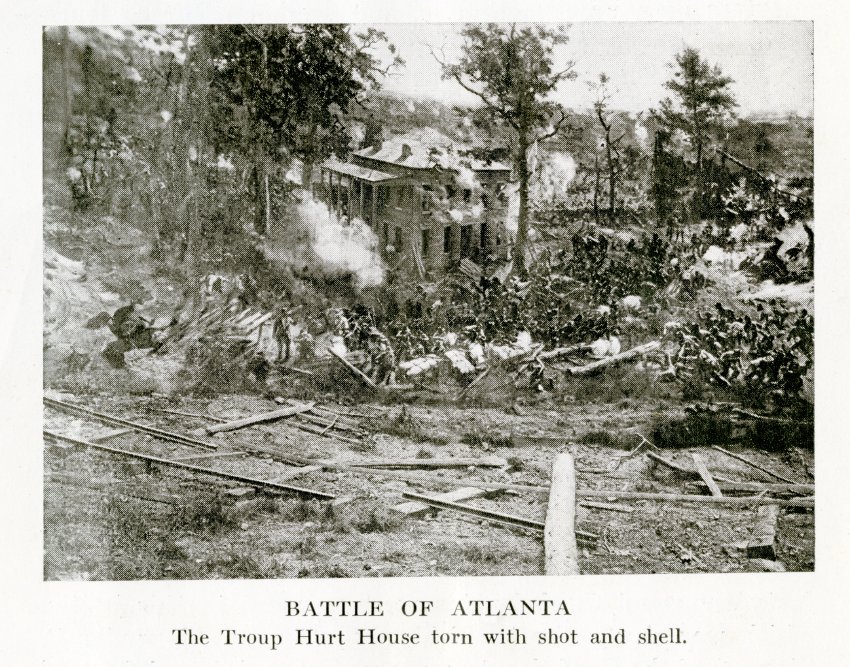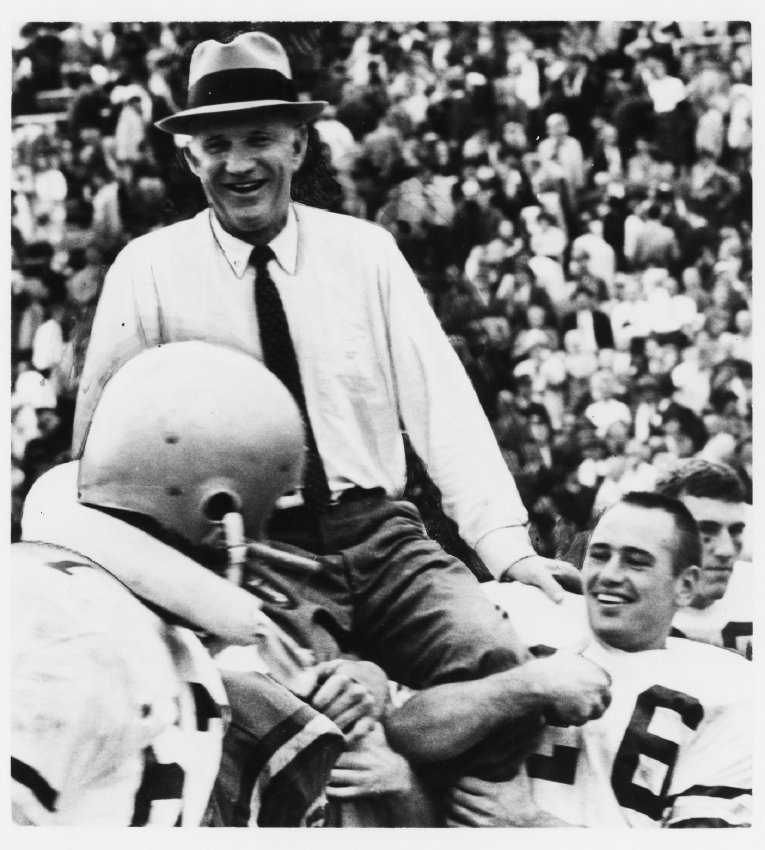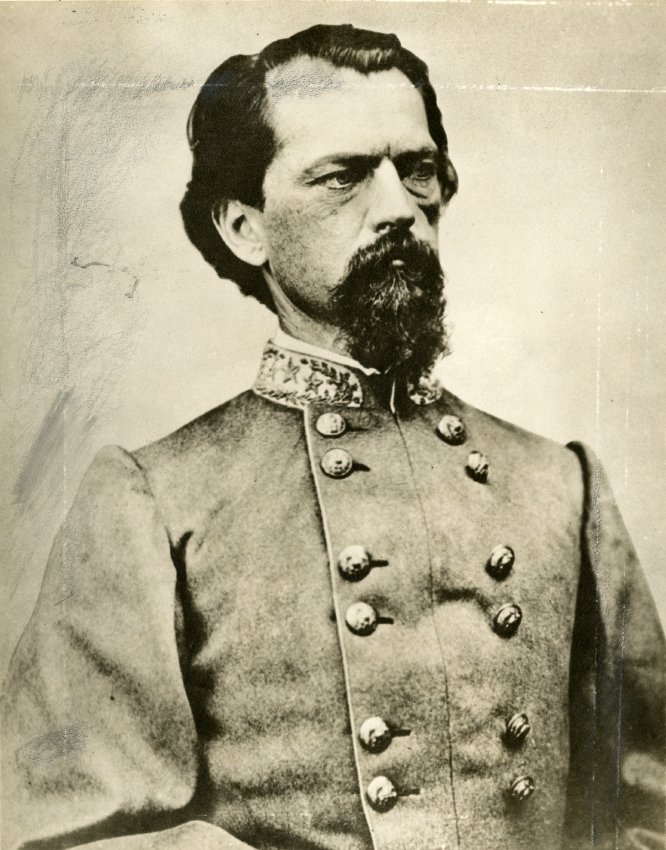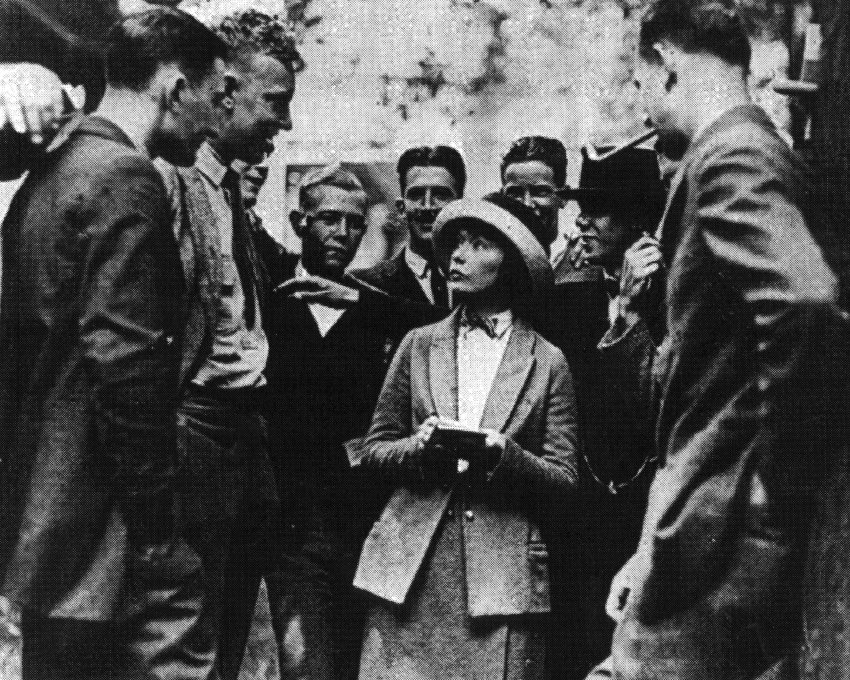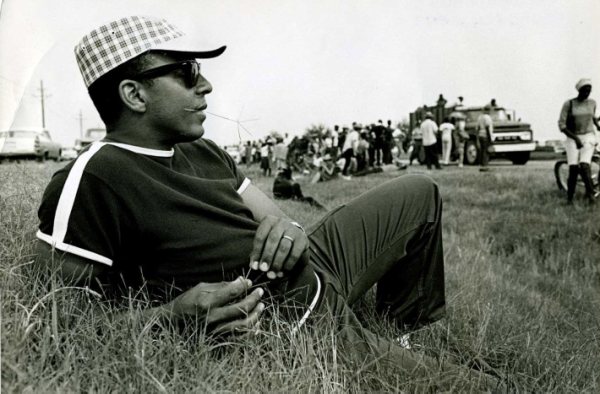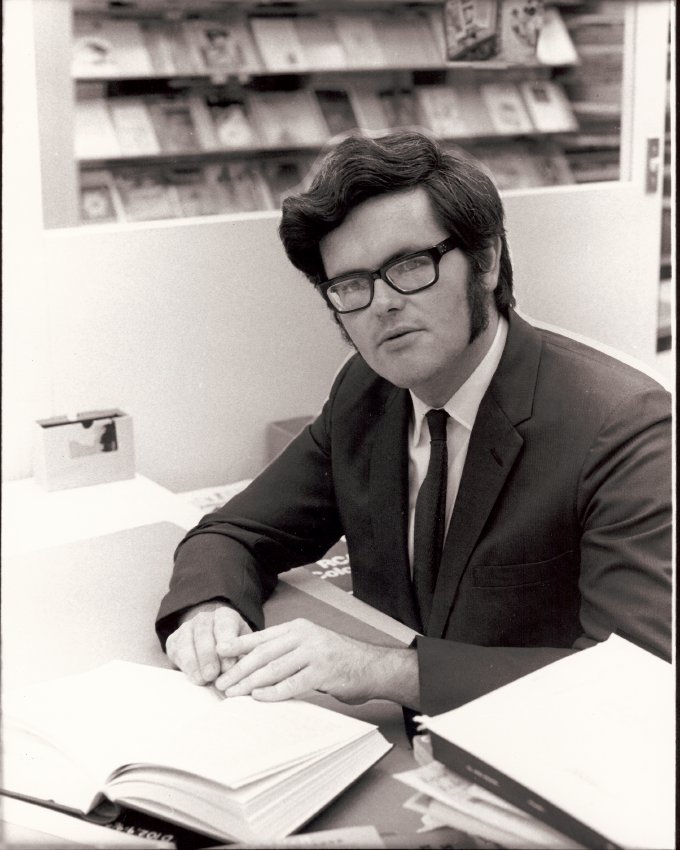November 15, 1864
It was one of the most audacious military movements in history—and one of the most controversial. U.S. General William Tecumseh Sherman captured Atlanta in September 1864 and two months later was ready to move. He sent General George Thomas to deal with the Confederate Army moving toward Nashville, while he took the rest of his […]









